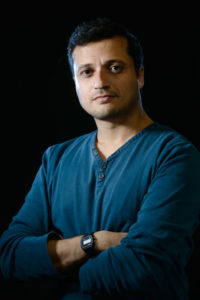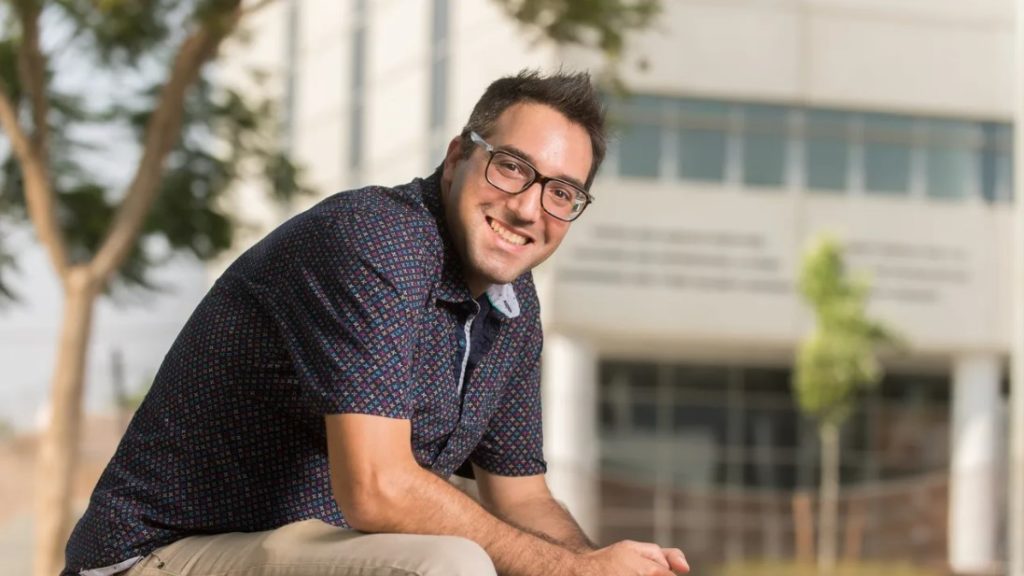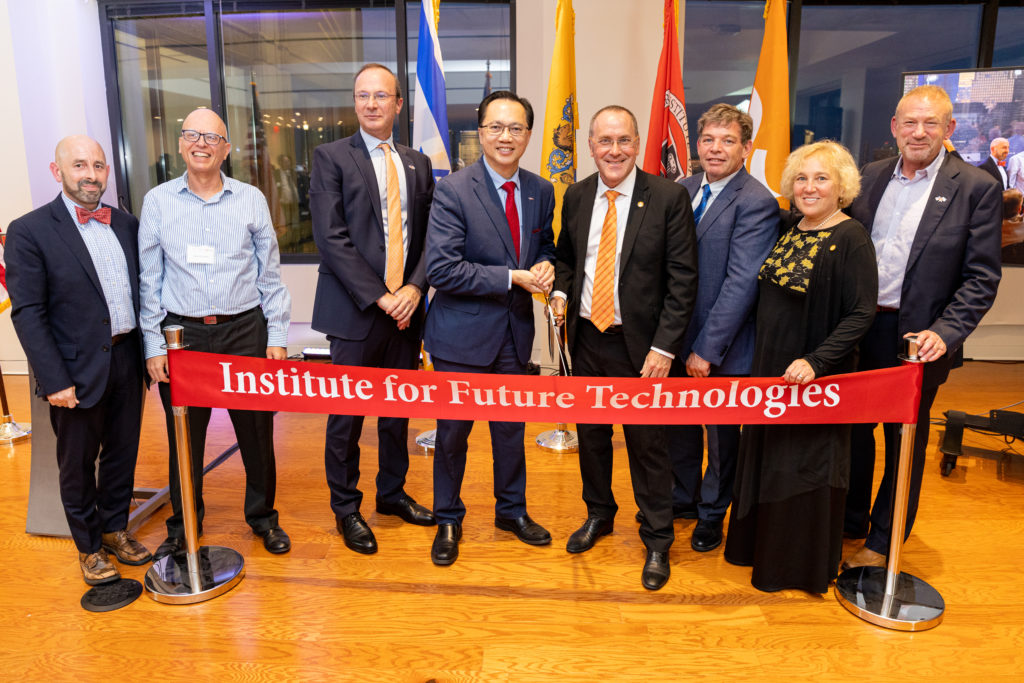
Security Cameras Can Be Hacked Using Infrared Light
Security Cameras Can Be Hacked Using Infrared Light
September 18, 2017
Homeland & Cyber Security, Press Releases
Ben-Gurion University of the Negev (BGU) researchers have demonstrated that security cameras infected with malware can receive covert signals and leak sensitive information from the very same surveillance devices used to protect facilities.

Dr. Mordechai Guri, head of research and development for BGU’s Cyber Security Research Center (CSRC)
The method, according to researchers, will work on both professional and home security cameras, and even LED doorbells, which can detect infrared light (IR) that is not visible to the human eye.
In the new paper, the technique the researchers have dubbed “aIR-Jumper” also enables the creation of bidirectional, covert, optical communication between air-gapped internal networks, which are computers isolated and disconnected from the internet that do not allow for remote access to the organization.
The cyber team led by Dr. Mordechai Guri, head of research and development for BGU’s Cyber Security Research Center (CSRC), shows how IR can be used to create a covert communication channel between malware installed on an internal computer network and an attacker located hundreds of yards outside or even miles away with direct line of sight. The attacker can use this channel to send commands and receive response messages.
To transmit sensitive information, the attacker uses the camera’s IR-emitting LEDs, which are typically used for night vision. The researchers showed how malware can control the intensity of the IR to communicate with a remote attacker that can receive signals with a simple camera without detection. Then the attacker can record and decode these signals to leak sensitive information.
The researchers shot two videos to highlight their technique. The first video shows an attacker hundreds of yards away sending infrared signals to a camera. The second video shows the camera infected with malware responding to covert signals by exfiltration data, including passwords.
According to Dr. Guri, “Security cameras are unique in that they have ‘one leg’ inside the organization, connected to the internal networks for security purposes, and ‘the other leg’ outside the organization, aimed specifically at a nearby public space, providing very convenient optical access from various directions and angles.”
Attackers can also use this novel covert channel to communicate with malware inside the organization. An attacker can infiltrate data, transmitting hidden signals via the camera’s IR LEDs. Binary data such as command and control (C&C) messages can be hidden in the video stream, recorded by the surveillance cameras, and intercepted and decoded by the malware residing in the network.
“Theoretically, you can send an infrared command to tell a high-security system to simply unlock the gate or front door to your house,” Guri says.
The research team also includes Dr. Dima Biekowski, Shamoon College of Engineering, and Prof. Yuval Elovici, director of the Cyber Security Research Center, a member of BGUs Department of Software and Information Systems Engineering and director of Deutsche Telekom Innovation Labs @ BGU.
ABOUT AMERICANS FOR BEN-GURION UNIVERSITY
By supporting a world-class academic institution that not only nurtures the Negev, but also shares its expertise locally and globally, Americans for Ben-Gurion University engages a community of Americans who are committed to improving the world. David Ben-Gurion envisioned that Israel’s future would be forged in the Negev. The cutting-edge research carried out at Ben-Gurion University drives that vision by sustaining a desert Silicon Valley, with the “Stanford of the Negev” at its center. The Americans for Ben-Gurion University movement supports a 21st century unifying vision for Israel by rallying around BGU’s remarkable work and role as an apolitical beacon of light in the Negev desert.
About Ben-Gurion University of the Negev
Ben-Gurion University of the Negev embraces the endless potential we have as individuals and as a commonality to adapt and to thrive in changing environments. Inspired by our location in the desert, we aim to discover, to create, and to develop solutions to dynamic challenges, to pose questions that have yet to be asked, and to push beyond the boundaries of the commonly accepted and possible.
We are proud to be a central force for inclusion, diversity and innovation in Israel, and we strive to extend the Negev’s potential and our entrepreneurial spirit throughout the world. For example, the multi-disciplinary School for Sustainability and Climate Change at BGU leverages over 50 years of expertise on living and thriving in the desert into scalable solutions for people everywhere.
BGU at a glance:
20,000 students | 800 senior faculty | 3 campuses | 6 faculties: humanities & social sciences, health sciences, engineering sciences, natural sciences, business & management, and desert research.
For all press inquiries, please contact:
James Fattal, J Cubed Communications
516.289.1496



